Rajesh Mehta speaks with India Weekly over various issues related to the Indian diaspora ahead of the prime minister’s high-profile visit to the US this week.
WHENEVER any top Indian leader, including prime minister Narendra Modi, visits a foreign country, the Indian diaspora settled there come up with a massive response. While India’s bilateral ties with nations that some of the country’s top leaders visit receive wide coverage in the media, the diaspora’s excitement and engagement are also seen as a key part of New Delhi’s foreign policy success.
The Indian diaspora are considered the largest in the world since 2010 and an important source of the Indian government. The excitement among the Indian-Americans ahead of Modi’s upcoming visit to the US speaks about the leader’s popularity, something which was seen during his visit to Sydney last month.
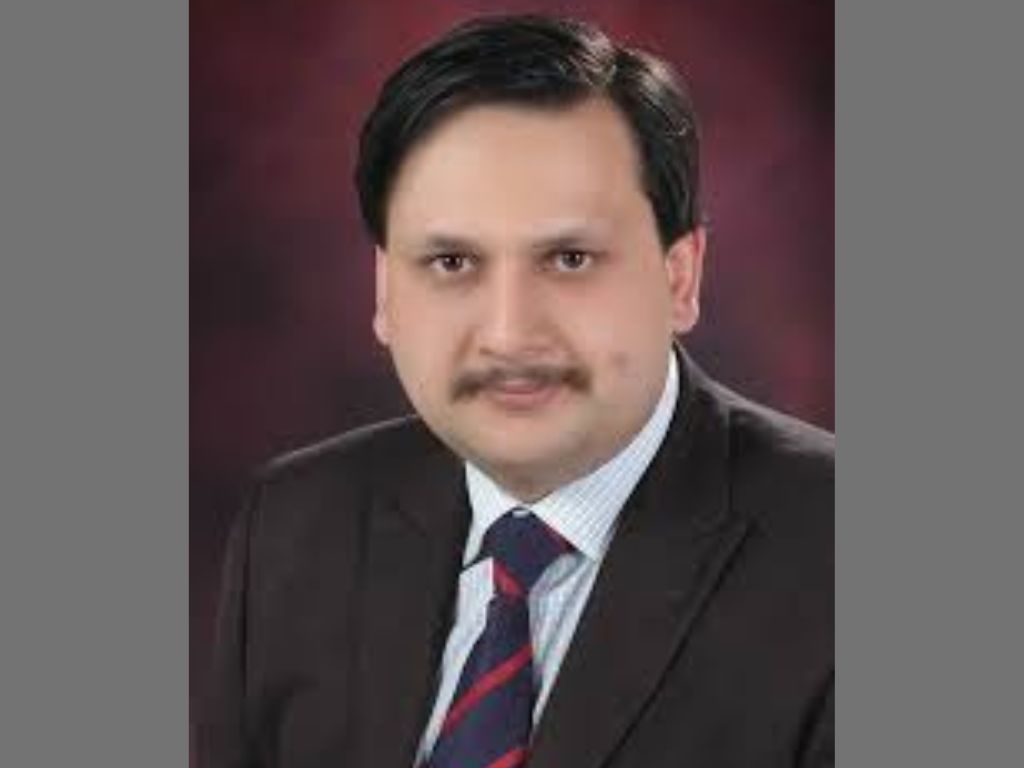
India Weekly spoke with Rajesh Mehta, an international affairs expert who focuses on areas such as market entry, innovation, geopolitics and public policy, to understand the significance of the Indian diaspora and its influence — political, economic and cultural — in the country where they reside and also their contribution to strengthen India’s image in the international community.
When asked about the reason why the Indian diaspora play a vastly influential role, especially in a number of top nations in the west, Mehta said members of the diaspora occupy significant positions in politics, business and science and technology in various nations around the world.
Citing the examples of UK prime minister Rishi Sunak, US vice president Kamala Harris and other politicians of Indian-origin doing well in other countries’ politics to Sundar Pichai, Satya Nadella and others in business and technology to Jagadish Chennupati and Sethuraman Panchanathan who are well-established names in the field of science and technology, Mehta also said the Indian diaspora stand out as one of the most prosperous minorities in many developed nations.
“Their advantage is evident in what is known as ‘diaspora diplomacy’ where they act as crucial bridge-builders between their home country and their adopted nations. Furthermore, their influence manifests through political participation, including financial support for political parties and candidates. The combined social, intellectual, financial and political influence of the Indian community helps build clout in the western nations that affects their policy,” Mehta told India Weekly.
Why Indian politicians woo the diaspora
Politicians from India are also seen wooing the Indian diaspora, particularly in the US, whenever they visit that country. While all eyes are on Modi’s upcoming visit, the visits by Indian opposition leader Rahul Gandhi or Pinarayi Vijayan, the chief minister of India’s only communist-ruled state Kerala, to the US also received a wide coverage in the media. Indian external affairs minister Subrahmanyam Jaishankar is also seen engaging with the Indian diaspora as he does with his diplomatic counterparts on foreign soil.
Is there a particular reason why Indian leaders love to engage so much with the members of the diaspora?
“The Indian diaspora in the US holds significant social & cultural influence. The optics of a diaspora that is favourable to an Indian leader is consequential and is a proxy for how the world views India,” Mehta said.
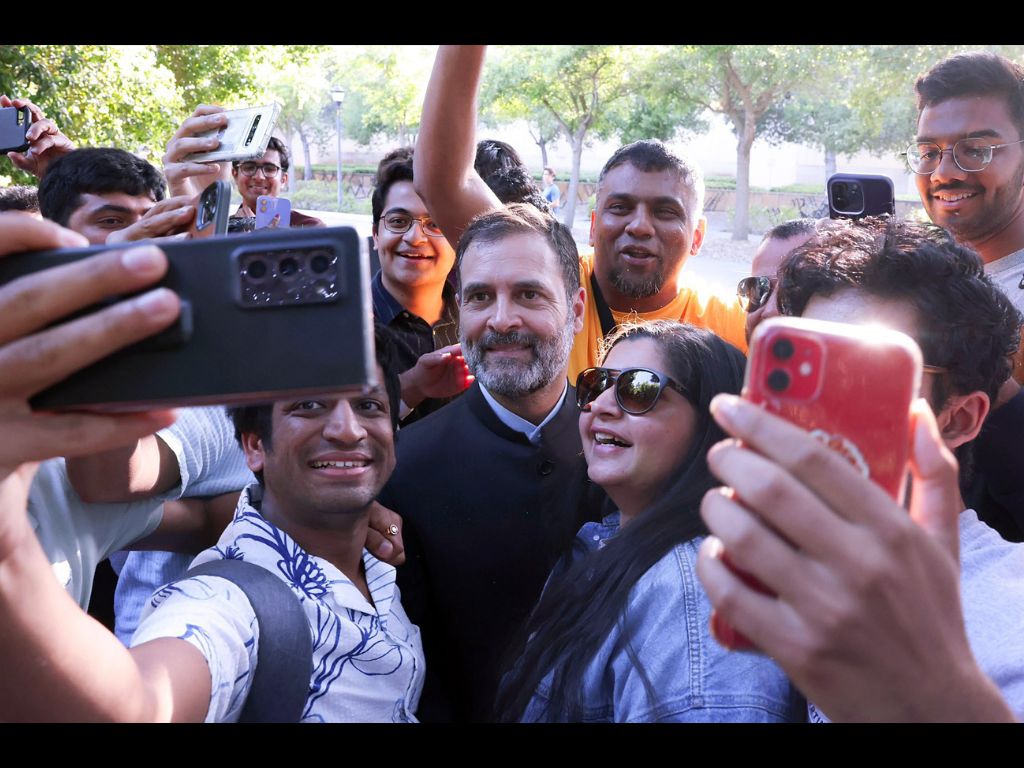
“Additionally, the Indian-American community boasts a high median income and contributes significantly to the US economy. Therefore, by fostering ties with the diaspora, politicians can tap into economic opportunities, such as investments, trade partnerships, and technology collaborations between the two countries,” he added.
Mehta also feels that wooing the Indian diaspora helps build a positive Indian image for India’s politicians and the country as a whole. The diaspora’s achievements, cultural diversity and contributions are showcased through positive news coverage, enhancing India’s soft power and positioning it as a key global player.
Indian diaspora’s economic contributions
The diaspora also have a key economical role to play. When India Weekly asked Mehta about the diaspora’s contribution towards helping India and Indians at home, he said the community indeed makes a significant contribution.
He said, “Through their remittances, which amounted to a staggering $87 billion in 2021, the Indian diaspora contributes approximately 13 per cent of global remittances and around 3.2 per cent of India’s GDP.
“The diaspora has emerged as a significant force in contributing to India’s economy and playing a crucial role in the country’s development. These financial inflows not only provide essential support to families in India but also fuel domestic consumption and investment.
“Secondly, the Indian diaspora has made a strong impact on the perception of India in the world. Their achievements in fields such as computer software, particularly in the Silicon Valley, have bolstered India’s image as a technology powerhouse and a source of high-quality human resources. Such recognition paves the way for increased collaboration, investment, and business opportunities.”
‘Modi has well grasped diaspora’s significance’
While the Indian diaspora have always been a big community abroad, the country’s engagement with them seems to have undergone a major change over the years and it would not be an exaggeration to say that engagement with the diaspora itself has become a major foreign policy tenet for India.
On this, Mehta feels the significance of the diaspora has been well grasped by Modi and he has spearheaded a new era, transforming India’s diasporic community into a strategic asset for the country’s development.
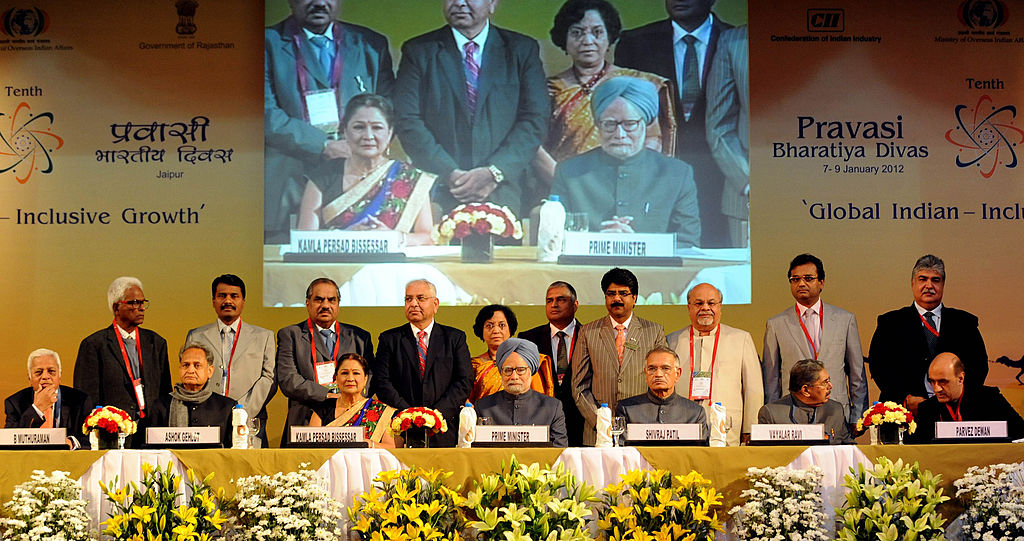
“In the past, there were reservations about engaging with the Indian diaspora. It was during the tenure of Atal Bihari Vajpayee that the policy of reaching out to the diaspora gained momentum. Under Manmohan Singh, the engagement with the Indian diaspora played a crucial role in the signing of the nuclear deal. However, this engagement was informal and lacked institutionalisation. It is under the current administration led by Modi that there has been a significant emphasis on transforming the diaspora connection into a formal and institutionalised framework.” he said.
He said, measures to improve the connection with the diaspora, the Indian government has come up with Pravasi Bharti Awards that recognise the outstanding contributions of overseas Indians. Indian embassies are also now actively involved in cultural diplomacy, further strengthening the ties between the diaspora and India, Mehta added.
As he said that India’s engagement with the diaspora gained momentum in the times of Vajpayee, the country’s first prime minister from the Bharatiya Janata Party (BJP), India Weekly asked Mehta if overseas Indians felt more inclined in supporting the saffron party than the opposition Indian National Congress.
“The current government has taken a more proactive approach to engaging with the diaspora around the world. As the diaspora has grown both in numbers and impact around the world- their strength & relevance has increased too making it increasingly important for successive governments to court the diaspora,” Mehta said.
He added, ” The BJP has clearly used the diaspora as an instrument for improving the image of government outside. It has also used it as a diplomatic tool. As a result, in recent elections, the Indian diaspora has been more inclined to support the BJP. However, Rahul Gandhi’s recent trips abroad and outreach to the diaspora have been quite successful as well.”
Enhancing India’s soft power
On the question of the diaspora enhancing India’s soft power. Mehta told this news outlet, “The cultural influence wielded by the Indian diaspora is high and a testament to their dedication in promoting Indian culture. They actively engage in and organise cultural events, festivals, and exhibitions, creating a vibrant tapestry that showcases India’s rich cultural diversity and ancient traditions.”
“Furthermore, the achievements and contributions of the Indian diaspora across various fields such as technology, business, academia, politics, and philanthropy contribute significantly to India’s soft power. Their success stories and influential positions in top western nations serve as shining examples of India’s talent, innovation, and intellectual prowess. This positive image helps shape perceptions about India as a rising global power, a hub of knowledge, and a centre of expertise.”
Stressing that the Indian diaspora serve as cultural ambassadors and bridge builders, Mehta said that it is through their connections, networks, and personal interactions, they facilitate people-to-people exchanges, fostering mutual understanding, cooperation and friendship.
In addition to their cultural and professional endeavors, the philanthropic activities of the Indian diaspora also contribute significantly to India’s soft power, he added.
‘Separatist issue linked to national security and not diaspora’
The Indian establishment has also witnessed of late acts of protest and vandalism targeting its diplomatic missions, national flag and also Hindu temples in various western democracies, such as Canada, US, UK and Australia. Pro-Khalistan activists have clashed with nationalist diaspora members. When India Weekly asked Mehta whether there is a close connection between the Khalistan separatist idea and the diaspora, he refused to agree and said, “The separatist issue is not connected to the diaspora. Individuals that are working to fragment India or are inimical to the idea of India are not ones that Indians would consider as our own.
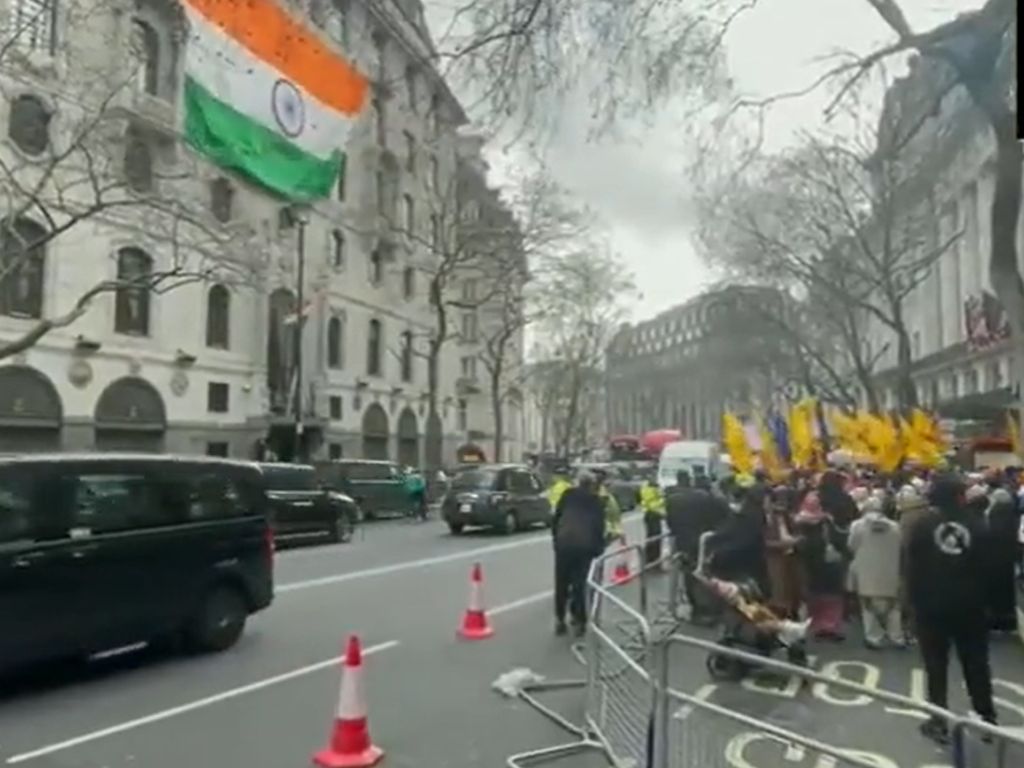
“The separatist issue is an issue of national security and not diaspora. These individuals must be responded to with the appropriate legal & diplomatic tools.”
While the diaspora influence the politics in foreign countries where they reside and also those countries’ foreign policy visa-a-vis India, do they also play a significant role in Indian politics? To this, Mehta said they play an influential role in India’s domestic politics for their optics, influence and investment.
“As a country that has emerged from colonialism, it is of some importance that India be looked at as a peer by the comity of nations. The views of the diaspora do influence domestic politics in that regard,” he said.
The cultural connect between India and Indians abroad
Finally, India Weekly asked Mehta to identify the one factor that makes the diaspora most connected to India and he said it is the rich and vibrant culture that they share.
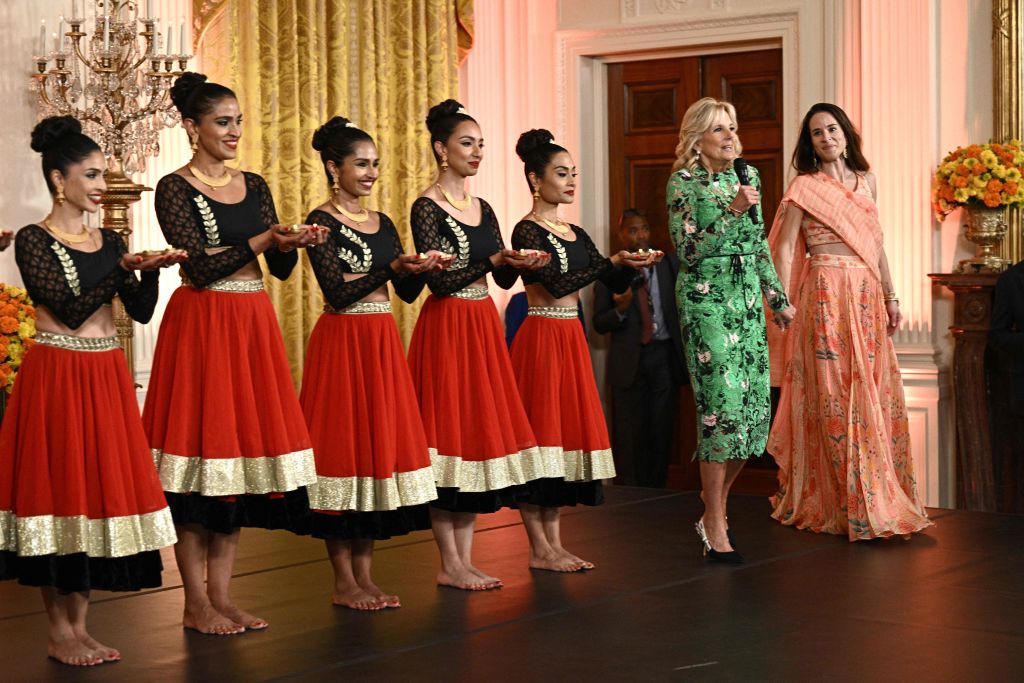
“The celebration of Indian festivals and traditions, even in foreign lands, helps to foster a sense of unity and belonging among the diaspora.
“The Diwali celebration in the White House hosted by president Joe Biden in 2022 highlights the significance of Indian festivals on an international stage. Besides, the introduction of a bill in the US Congress to declare Diwali as a federal holiday reflects the recognition and acceptance of Indian traditions within American society. Such initiatives are welcomed by various communities across the country, showcasing the impact and influence of Indian culture on a global scale.
“In 2016, Indiaspora spearheaded a campaign which led to the United States Postal Service (USPS) releasing an official postal stamp commemorating Diwali. Buddha Purnima was also celebrated in the White House in 2021. Such gestures are motivated by the work of exemplary individuals such as Shekhar Narsimhan.
“These examples demonstrate that cultural celebrations and recognition play a crucial role in strengthening the connection between the Indian diaspora and their homeland. The diaspora’s active participation in cultural events and the support they receive from local authorities and renowned personalities contribute to a sense of unity, pride, and shared identity, making culture a significant factor that connects the diaspora to India.
Other organisations that are playing a key role in connecting Diaspora to Indian culture include the Culture Heritage Arts of India and DhIA that further the cause of connecting Indians abroad with India.”
Rajesh Mehta is a leading business consultant & entrepreneur having more than 25 years of cross-functional expertise. He has worked in large corporations, and small and medium-sized technology-based companies and as a consultant with various technology-enabled startups. Mehta has proven experience working in the area of international business and innovation, including on projects supporting global connections in the fields of market entry, public policy & communications. He is a prolific writer who writes on various themes for leading publications in India and the US.
*Source:

